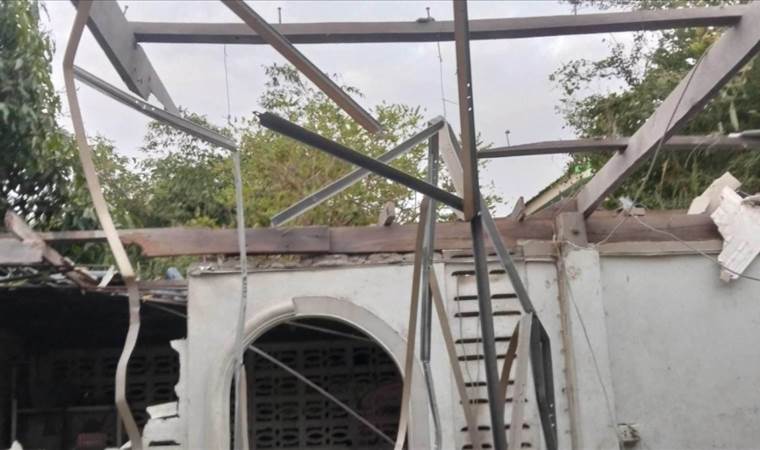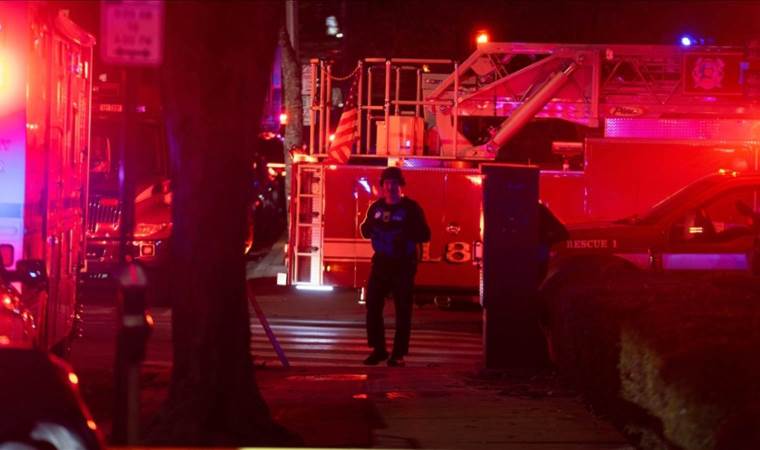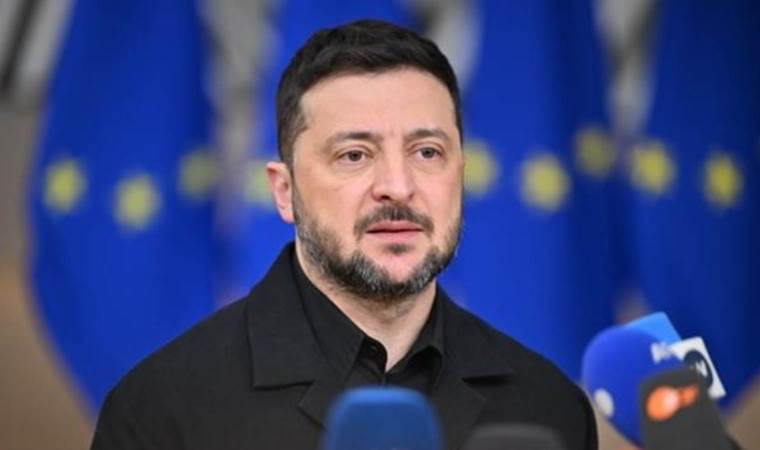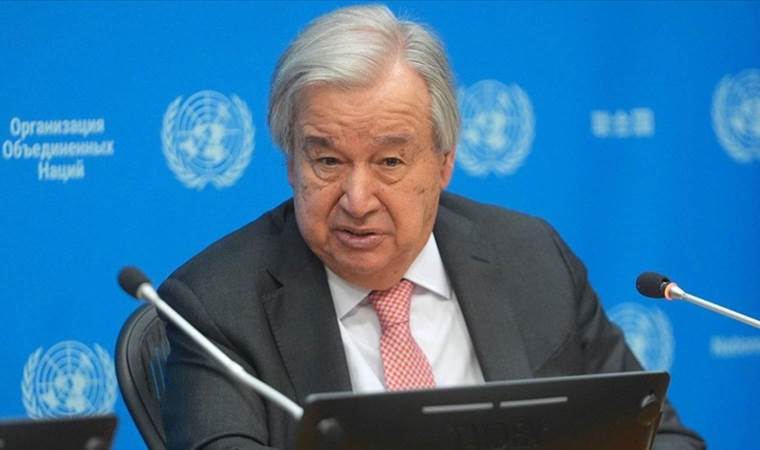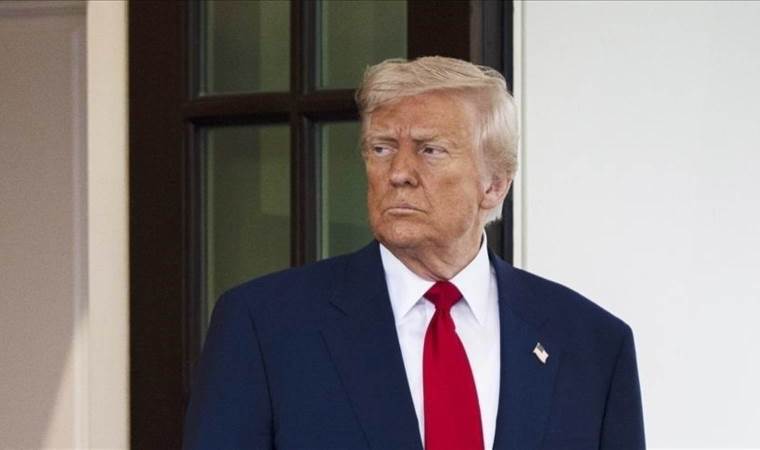Authors Columns of the Day Sport Guest Life All Authors
CHP and Revolutionism
It has become evident that the AKP's (the Justice and Development Party) calculations for constitutional amendments contribute to the artificially manufactured crisis in the Constitutional Court. It appears the crisis will escalate, rather than being resolved in the coming days. In an interview conducted by Sedat Ergin, a seasoned journalist, with Cemil Çiçek of the AKP, known for his respect for the constitution, Çiçek expressed that those responsible for the events shaping this trajectory should address the problem. However, the identities of those accountable for the issue hinder Çiçek from being more explicit. What exactly should he disclose?
In reality, those tasked with solving the problem are the ones who instigated it. This situation indicates that the crisis will persist and intensify, leading to heightened political tension in the upcoming days. The new CHP (the Republican People's Party) leader, Özgür Özel, is expected to take a more resolute stance in defense of democracy compared to Kemal Kılıçdaroğlu. Simultaneously, the AKP is likely to revert to its previous narrative, labeling supporters as patriotic and national, while branding dissenters as non-national and betraying the cause. In essence, a confrontational environment that tests the limits of the regime seems inevitable.
In this scenario, one cannot help but wonder if the new CHP chairman will steadfastly uphold the principles encapsulated by the CHP's six arrows in the democratic struggle.
***
Those who were previously uncertain about defending the six arrows' principles, particularly those observing the CHP's uneasy secularist stance, pondered the party's future approach to safeguarding its principles, harboring genuine concerns.
Doubts naturally arise about the CHP's ability to exhibit the requisite courage in the realm of revolutionism, subject to unfair allegations, especially when the party has shown hesitancy regarding secularism. Those attempting to maintain Turkey's subordination to religious influence employed the military tutelage argument to thwart any opposition to this policy, cornering the CHP.
For years, proponents of Turkish democracy, who viewed military coups as the sole threat, contended that past coups' methods served as a foundation for their views. They argued that the military intervened when they perceived a regime threat, citing Article 35 of the Internal Service Regulations as justification, legitimizing the coups.
While the threat of a coup d'état looms over Turkish democracy, it is crucial to comprehend the reality comprehensively. Although the military poses a threat, the coup emanates not solely from uniformed forces but also from robed opponents of secularism and democracy orchestrating civilian coups. The September 12 coup, the most successful in Turkey's history, was a joint effort by military and civilian coup plotters.
***
One should not be misled by the fact that the current undemocratic regime's new rulers do not wear uniforms. Their robes serve as their uniform, and when necessary, they do not hesitate to wear both uniforms simultaneously. This reality must be acknowledged by all.
Revolutionism, one of the CHP's six arrows, is a matter of mindset. It entails addressing problems with innovative measures aligned with the contemporary age, rather than relying on outdated, futile methods of the past.
Since the Ottoman era, our society has habitually sought solutions to the breakdown of the old system and the malfunctioning of its institutions, consistently reverting to outdated approaches, starting with Koçi Bey. In contrast, the CHP's revolutionism advocates seeking solutions and societal well-being in the new rather than the old.
The CHP must unequivocally embrace and champion the principle of revolutionism.
Yazarın Son Yazıları All Columns
Günün Köşe Yazıları
Most Read News
-
 Thailand imposes martial law in border districts as clas
Thailand imposes martial law in border districts as clas
-
 2 killed, 8 critically injured in shooting at Brown Univ
2 killed, 8 critically injured in shooting at Brown Univ
-
 Zelenskyy says bilateral security guarantees a ‘compromi
Zelenskyy says bilateral security guarantees a ‘compromi
-
 Delhi’s air quality worsens to new severe level, Indian
Delhi’s air quality worsens to new severe level, Indian
-
 Attacks on Bangladeshi peacekeepers in southern Sudan ma
Attacks on Bangladeshi peacekeepers in southern Sudan ma
-
 2 Palestinians killed by Israeli army in occupied West B
2 Palestinians killed by Israeli army in occupied West B
-
 Trump vows to respond to alleged ISIS attack on US force
Trump vows to respond to alleged ISIS attack on US force
-
 ‘No place for violence in Australia,’ says Premier Alban
‘No place for violence in Australia,’ says Premier Alban

